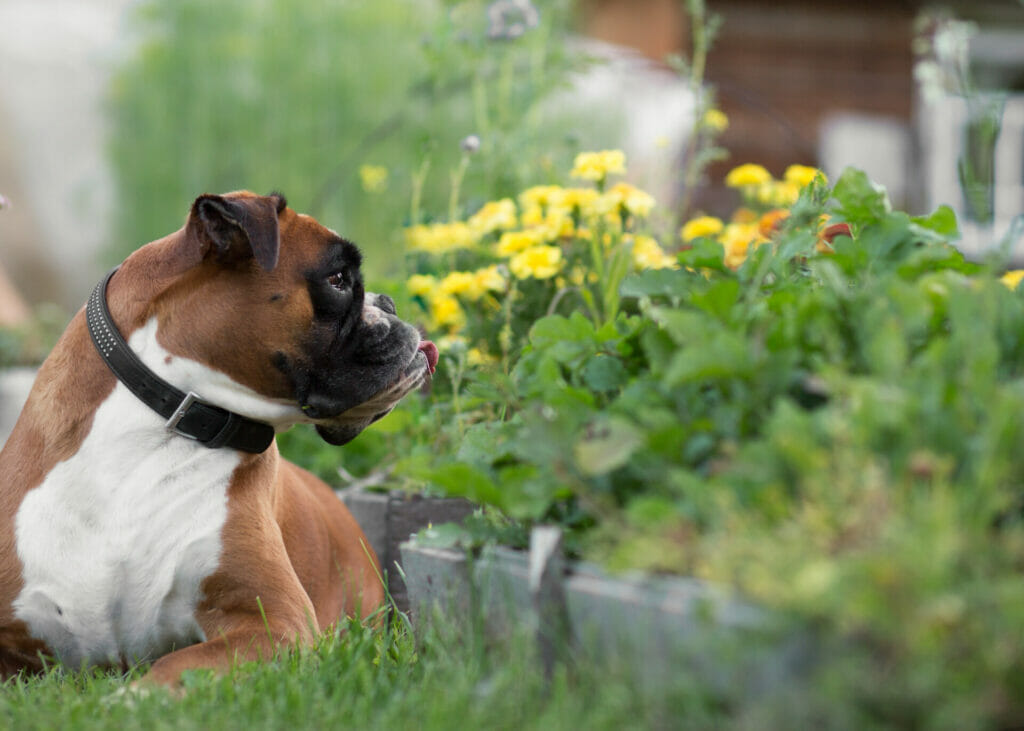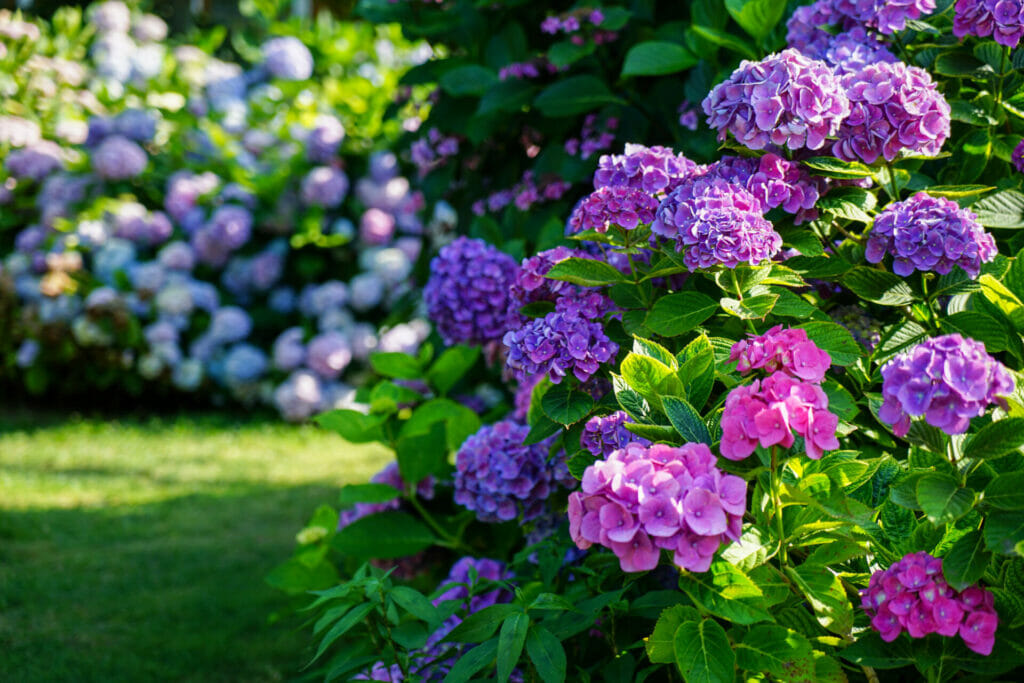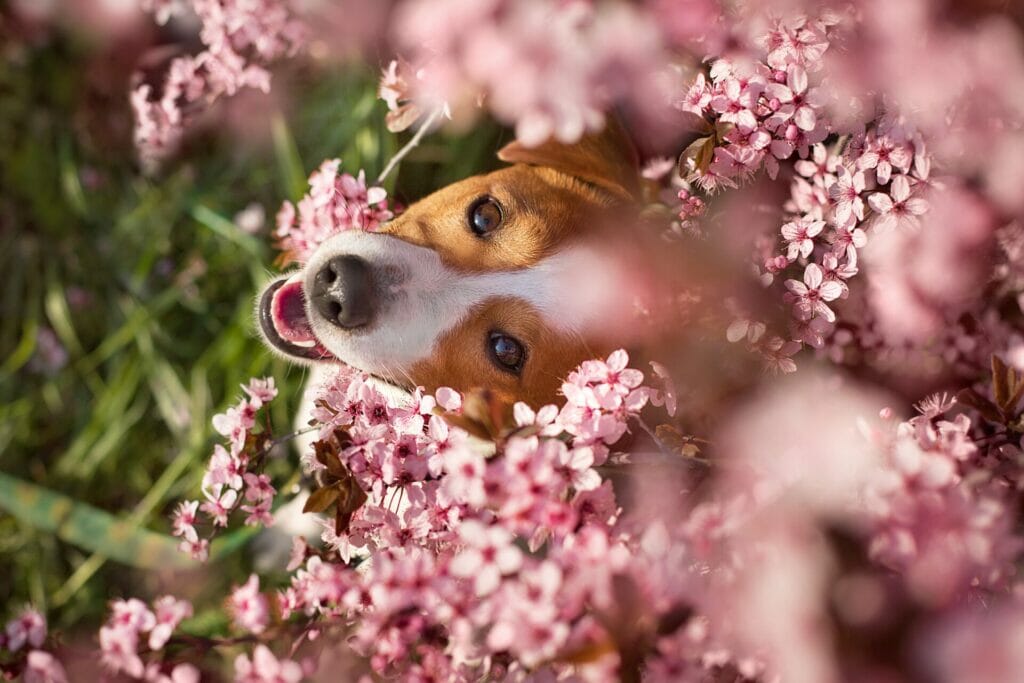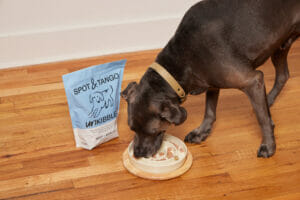Gardening and landscaping are popular activities among pet owners. However, while it’s great to have beautiful plants and flowers in your outdoor space, it’s essential to be aware of their potential dangers to your furry friends. Many outdoor and garden plants are poisonous to dogs, and ingesting them can cause serious health problems, including organ failure and even death. This article will discuss some of the most common poisonous plants to watch out for while decorating your outdoor space.
Sago Palm
Sago Palm is a popular landscaping plant that contains cycasin, a toxin that can cause severe liver damage. This can ultimately lead to liver failure and even death.

Lilies
Lilies are a beautiful and fragrant addition to any garden but are highly toxic to dogs. If ingested, Lilies can cause vomiting, lethargy, and kidney failure.
Azaleas
Azaleas contain grayanotoxins, which can cause vomiting, diarrhea, and even death in severe cases.
Tulips
Tulips are toxic to dogs, and ingestion can lead to gastrointestinal problems such as vomiting and diarrhea.
Daffodils
Daffodils contain lycorine, a toxic chemical that causes vomiting, diarrhea, abdominal pain, and even cardiac arrhythmias.
Hydrangeas
Hydrangeas contain cyanogenic glycosides, which can cause vomiting, diarrhea, and lethargy.

Foxglove
Foxglove is a beautiful flowering plant, but it contains cardiac glycosides, which can cause cardiac failure and even death in dogs.
Oleander
Oleander is a popular landscaping plant that contains toxins that can cause gastrointestinal problems, cardiac failure, and death.
Castor Bean
Castor Bean is a common plant used in landscaping that contains ricin, a deadly toxin that can cause gastrointestinal problems, seizures, and death.
In conclusion, it’s essential to be aware of the outdoor and garden plants that are poisonous to dogs. If you’re a pet owner and have these plants in your outdoor space, it’s important to keep your dog away from them or remove them altogether. If you suspect your dog has ingested any of these plants, contact your veterinarian immediately. While these are some of the most common poisonous plants, there are hundreds of thousands more. Always research plants before planting them in your garden. Remember that prevention is the key to keeping your furry friends safe and healthy.




















